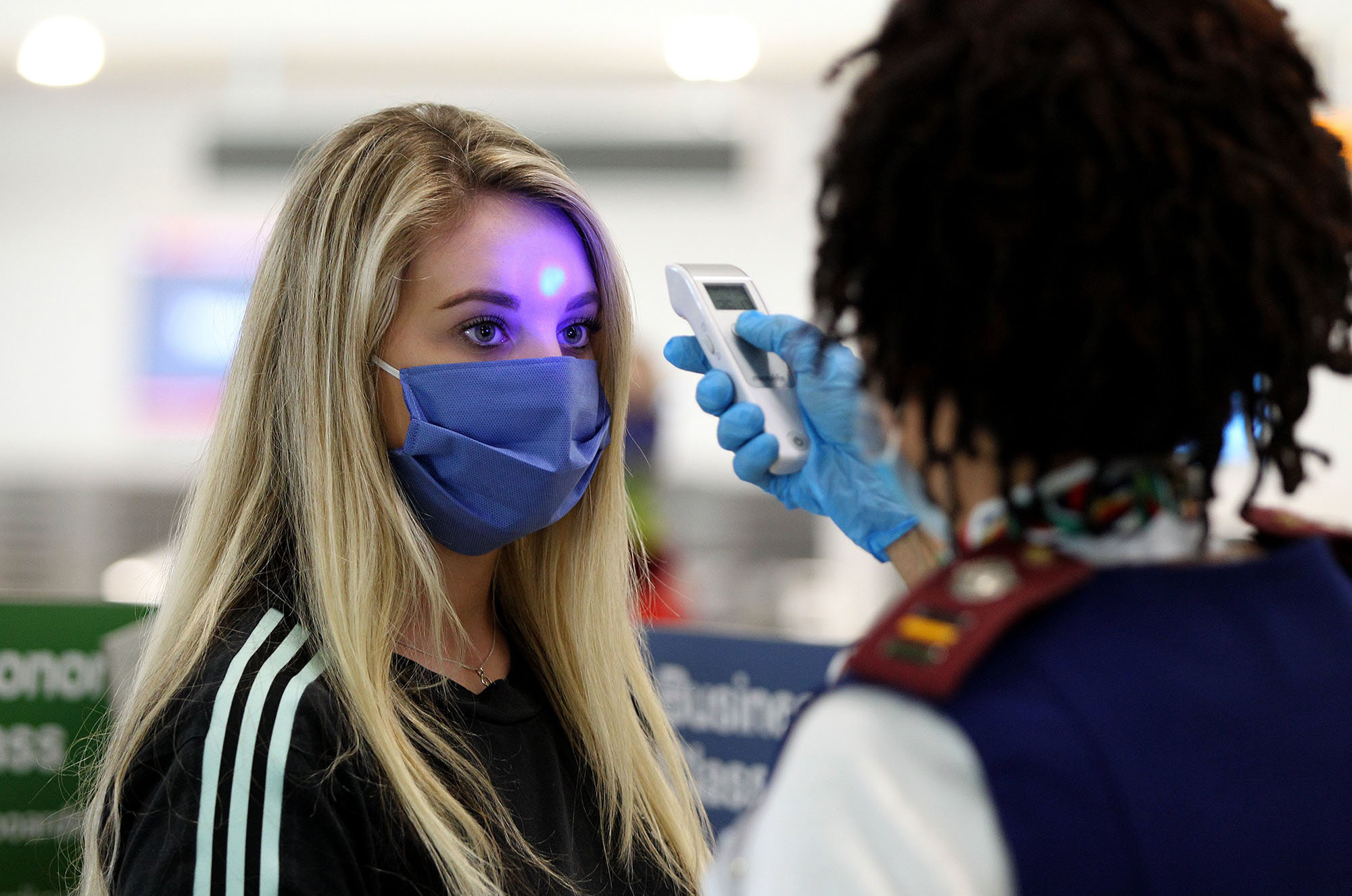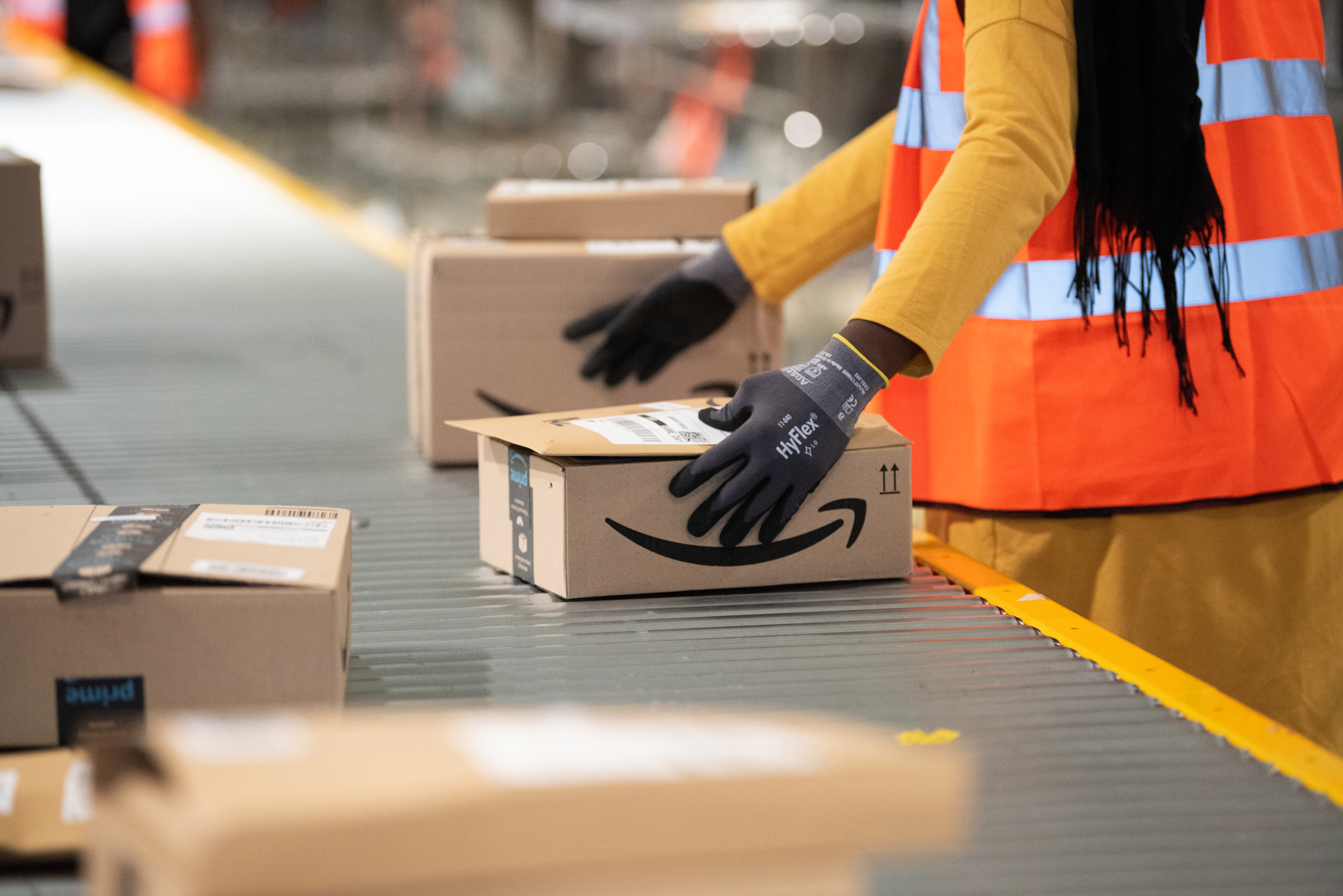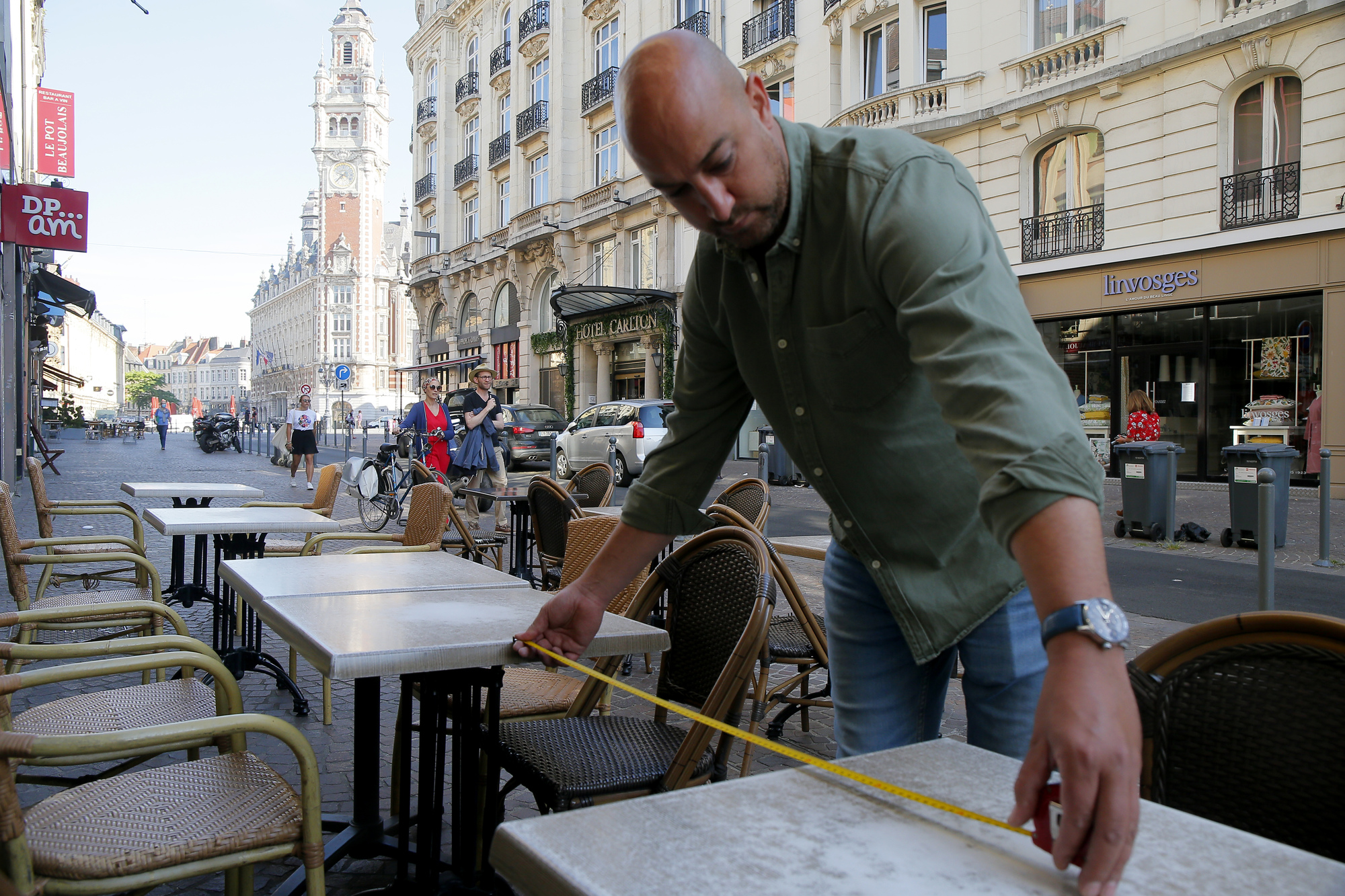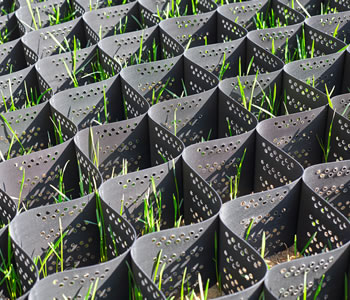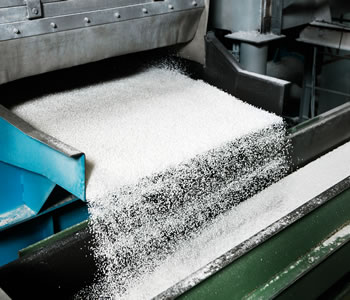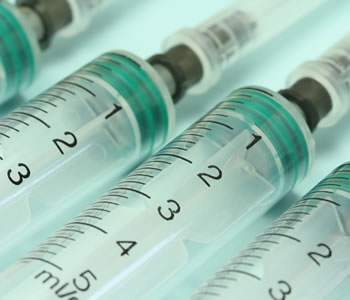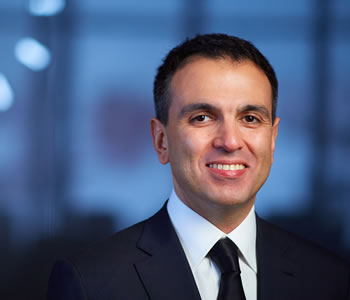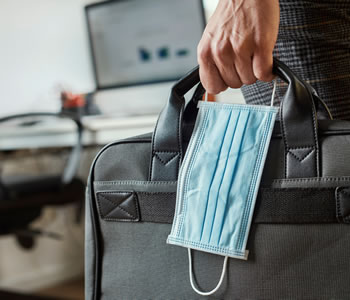Polymers are not the problem, but the solution
Dmitry Konov provides insight into SIBUR’s environmental strategy at the Startup Village LiveStream ’20 online conference.
COVID-19: Impacts on business
Factories, offices, restaurants and airports reopen with new rules.
SIBUR launches new rubber grade
Elastomers R&D Centre at SIBUR’s Voronezh site developed and launched a new grade of high-viscosity polybutadiene rubber (BR-ND HV).
EU gives green light to SIBUR's DOTP
SIBUR's DOTP certified for use in medical items.
New polyethylene grades
SIBUR’s R&D centre has developed new LDPE grades to produce polymer packaging for infusion solutions used in COVID-19 treatment.
Polymers for healthcare
ZapSibNeftekhim has increased the output of polypropylene grades for medical use.
SIBUR TO LAUNCH LATEX PRODUCTION
By the end of 2020, SIBUR’s Krasnoyarsk site plans to start commercial production of synthetic nitrile butadiene rubber (NBR) latex with an annual capacity of 3.5 kt.
New TPE production line launched in Voronezh
Voronezhsintezkauchuk’s new TPE line has produced the first 3,000 t of polymers in test mode.
Sinopec to produce 10 billion of face masks
The company has ramped up the production of nonwoven materials and acquired medical mask manufacturing machinery.
Multi-purpose antiseptic
SIBUR’s partner Kapitel Irkutsk plant has launched production of a safe and effective antiseptic.
Stronger demand for additives
International Plastic Guide has been included on the list of strategically important companies that continued operating throughout the pandemic.
POLYPLASTIC invests in polymer recycling
POLYPLASTIC Group has bought the necessary equipment and launched a two-stage re-granulation line that allows it to recycle up to 600 t of polymers a month.
New type of packaging
Following successful testing, SIBUR’s facility in Tomsk is launching commercial production of bags from recycled materials.
TRAINING AMID THE PANDEMIC
SIBUR Business Practices online platform unveils new webinars for the time of crisis.
Russian Railways embraces remote communication
SIBUR has appreciated Russian Railways’s efforts to transition to remote communication with partners.
Leveraging AR to empower production
SIBUR has partnered with Brochesia to bring augmented reality (AR) technologies to its production.
Automating procurement
SIBUR has fully automated purchases of electrical materials.
An app on plastic
SIBUR supports development of ProPlastic mobile app on polymers.
A robot hired
SIBUR’s Tomsk site, BIAXPLEN T, has started to use KUKA robot manipulator for production purposes.
Reactor still going strong
Despite the pandemic, the Reactor platform launched with the support of SIBUR for trading recyclable materials keeps business as usual.
Businesses not ready to go full remote
33% of companies asked their employees to work remotely during the lockdown, but only 20% of them plan to keep it virtual for some employees moving forward.
COVID-19: HUMANITY VS VIRUS
Our means of combating viruses are limited, but scientists continue to seek ways to curb the pandemic. And chemistry is at the forefront of this search.
Petrochemical market: 2020 snapshot
SIBUR’s CEO Mikhail Karisalov talks to Kommersant about the impact of the pandemic and the OPEC+ deal on the markets.
The era of petrochemical discoveries
On 17 July 2020, SIBUR celebrates its 25th anniversary.
Time to rethink the strategy
The WEF website has published an article by Dmitry Konov, Chairman of SIBUR's Management Board, about COVID-19 and plastic problem.
ICIS: Rules no longer apply
Falling prices will not drive up the demand, lifted restrictions will not return the consumption levels, and lower GDP will not stagnate the market.
IHS: Chemical industry to face slowing demand
With the pandemic in full swing, demand for chemical products in 2020 is dwindling.
The OPEC report
The COVID-19 pandemic and related restrictions slashed global oil demand. In March 2020, oil prices saw the largest drop since the 2008 financial crisis.
Working amid a bevy of black swans
Alexander Ladan, Director of Neo-Pack, talks about the current trends in the packaging market in the context of the pandemic.
Pandemic, plastics and sustainable development
The COVID-19 pandemic has upended the global economy and disrupted the waste, plastic, and recycling industries.
Chemicals against the coronavirus
The epidemic is an additional incentive to set up advanced production facilities in Russia.
Growth in non-commodity exports
In 2020, the petrochemical industry will be the key driver of non-commodity exports.
Plastic in medicine
A glance at medical plastic use and recycling.
Partnership to fight the pandemic
Needless to say how essential personal protective equipment – medical masks and clothing – has recently become. Amidst the pandemic, SIBUR elected to expand its cooperation with NETKANIKA, a major manufacturer of medical materials.
A Drive to Succeed
Roman Muzyka, Marketing and Sales Director at BIAXPLEN, on choosing the right path in life and things that keep him going.
Working safely in offices
Five steps to safety in the office and on site.
Anti-crisis digital technology
A few years ago, SIBUR launched a large-scale digital transformation programme. Amid the pandemic, digital instruments have become much more popular.
Recalibrating the team
Anders Liljenstolpe, CEO of JLL’s Russia and CIS business, gives tips on how to best navigate the return to the office and help staff recalibrate.
Caring for employees
The pandemic-induced crisis has highlighted the companies that really cared for their employees and those that only pretended to do so.
How to avoid burnout when working from home
Remote work tends to blur the line between your job and personal life, which down the line can lead to burnout.
Nine habits to increase your energy
Energy, not time, is the basis for productivity. There’s no point in working if you’re exhausted.
TOP MANAGERS TAKING QUESTIONS
In the Q&As section, our top managers answer the most interesting and relevant questions from our clients sent to dearcustomer@sibur.ru.

